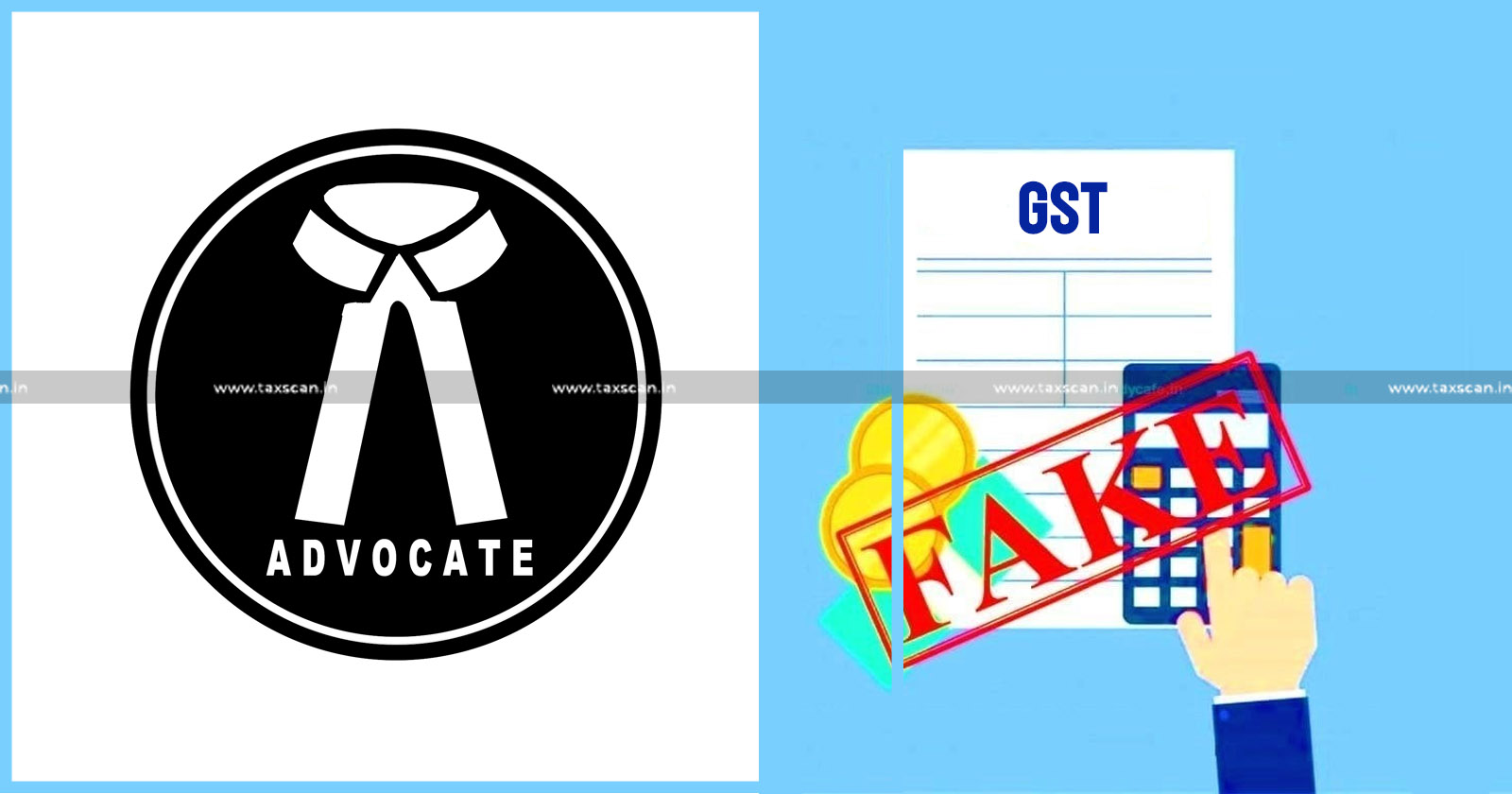GST Dept and Anti-Fraud Dept of Police cannot send Notices to Advocates of Alleged Tax Evaders: Calcutta HC Issues Directions

In a recent ruling, the bench of Chief Justice T.S. Sivagnanam and Justice Hiranmay Bhattacharyya of Calcutta High Court ruled that the Goods and Services Department (GST) or Anti-Fraud Dept of police cannot issue any notices to the advocates of the tax evaders or any individuals.
The High Court relied on the Supreme Court Judgment State of Punjab v. Sodhi Sukhdev Singh, 1961 which held that Sections 126 and 129 of the Evidence Act protect the communications between a lawyer and a client made during the employment of the lawyer. It is a privilege given to communicate to the legal advisor by a client after the commission of offence and not for assistance of the crime.
The bench mentioned that the authorities of the respondent were well advised before that they had no jurisdiction to issue notices to the learned advocates calling for information regarding their clients as the information given by the clients is a privileged communication given to an advocate. Thus, the respondents removed the mails to the advocates.
It was instructed by the court that both the Police Department and the GST Department to carry out a thorough investigation specifically targeting the individual taxpayers. It was also emphasized that generalizing and assuming that all taxpayers in the state of West Bengal are fraudulent is not in accordance with the law.
The petitioner was a practicing advocate and the third party to the writ proceedings, challenged the writ petition against the order of the Single Bench of the same High Court.
T.M. Siddiqui, the State counsel vehemently objected the maintainability of the appeal at the instance of a third party and apart from that it is submitted that pursuant to the directions issued in the said writ petition which were interim in nature, the authorities conducted investigation and several fake companies who have illegally committed GST fraud have been unearthed and criminal proceedings and other proceedings have been initiated. Therefore, it is submitted that this appeal is not maintainable.
The High Court determined that the appeal is maintainable based on the fact that following the issuance of the challenged order by the Single Bench, both the Anti Fraud Department of the Kolkata Police and the GST Department had issued multiple notices to the experienced advocates who regularly represent their clients in cases related to GST/WBVAT/WBST Acts and similar legislations.
The bench noted that the police authorities have been directed to investigate and the observation of the court is to investigate about filing of fake cases. Unfortunately, the authorities of the Anti Fraud Department have misconstrued and misunderstood the scope of the direction which is clear from the notice issued under Section 160 Cr.P.C. to the Directors of various assessees.
Furthermore, it was observed that if the department believes that significant fraud has been perpetrated by multiple taxpayers, there are proper avenues available to conduct an investigation into such matters. The High Court deemed the approach taken by the Anti Fraud Department, which involved issuing standardized notices under Section 160 of the Criminal Procedure Code (Cr.P.C.), as completely unlawful.
The Division Bench further provided clarification that the order issued by the Single Bench, which instructed the revenue authorities and the police authorities responsible for investigating revenue fraud cases, should commence by conducting a comprehensive examination of the documents accessible to the GST Department.
Subsequently, the Division Bench emphasized the need for the investigation to be centered around the individual taxpayers and not rely on the issuance of standardized notices that resemble public announcements. As a result, the standardized notices issued under Section 160 of the Criminal Procedure Code (Cr.P.C.), which lack individualized attention, are invalidated and disregarded.
Conclusively, the High Court stated that “it is the GST authorities who have first to conduct the thorough study and investigation to ascertain as to whether there has been any illegal availment of GST. Upon such assessment it will be well open to the GST authorities to initiate proceedings under the provisions of the GST Act. However, if the authority comes to the conclusion that there is a criminal overt act attached to the said violation, then the matter should be handed over to the appropriate investigation authority who has to proceed in accordance with law.”
To Read the full text of the Order CLICK HERE
Support our journalism by subscribing to Taxscan premium. Follow us on Telegram for quick updates
HIMANGSHU KUMAR RAY vs STATE OF WEST BENGAL , 2023 TAXSCAN (HC) 1081 , Mr. Vinay Kr. Shraff & Ms. Priya Sarah Paul , Md. T.M. Siddiqui

